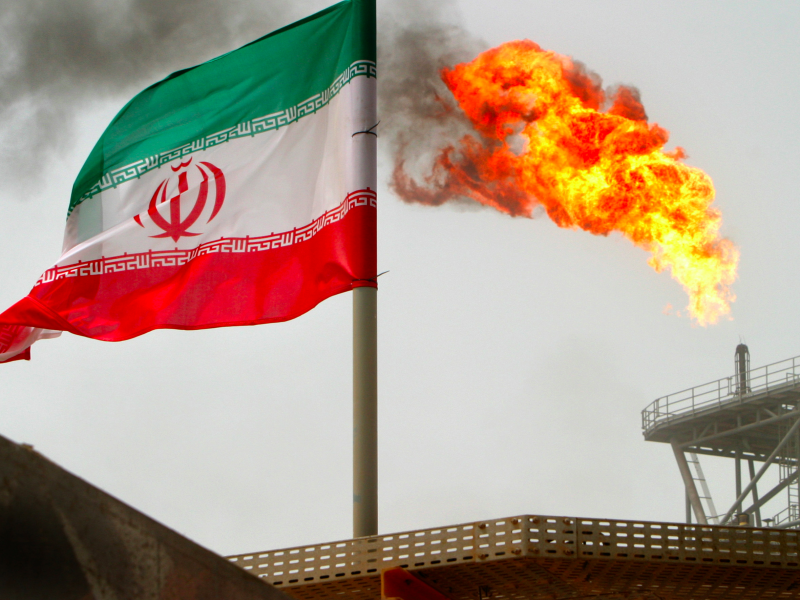PricewaterhouseCoopers – one of the world’s largest professional-services firms – just released its predictions for the most powerful economies in the world by 2030.
The report, titled “The long view: how will the global economic order change by 2050?” ranked 32 countries by their projected global gross domestic product by purchasing power parity.
PPP is used by macroeconomists to determine the economic productivity and standards of living among countries across a certain time period.
While PwC’s findings show some of the same countries right near the top of the list in 13 years, they also have numerous economies slipping or rising massively by 2030.
Check out which countries made the list. All numbers cited in the slides are in US dollars and at constant values (for reference, the US’s current PPP is $18.562 trillion):
32. The Netherlands — $1,080 billion.

31. Colombia — $1,111 billion.

30. South Africa — $1,148 billion.

29. Vietnam — $1,303 billion.

28. Bangladesh — $1,324 billion.

27. Argentina — $1,342 billion.

26. Poland — $1,505 billion.

25. Malaysia — $1,506 billion.

24. Philippines — $1,615 billion.

23. Australia — $1,663 billion.

22. Thailand — $1,732 billion.

21. Nigeria — $1,794 billion.

20. Pakistan — $1,868 billion.

19. Egypt — $2,049 billion.

18. Canada — $2,141 billion.

17. Spain — $2,159 billion.

16. Iran — $2,354 billion.

15. Italy — $2,541 billion.

14. South Korea — $2,651 billion.

13. Saudi Arabia — $2,755 billion.

12. Turkey — $2,996 billion.

11. France — $3,377 billion.

10. United Kingdom — $3,638 billion.

9. Mexico — $3,661 billion.

8. Brazil — $4,439 billion.

7. Germany — $4,707 billion.

6. Russia — $4,736 billion.

5. Indonesia — $5,424 billion.

4. Japan — $5,606 billion.

3. India — $19,511 billion.

2. United States — $23,475 billion.

1. China — $38,008 billion.


